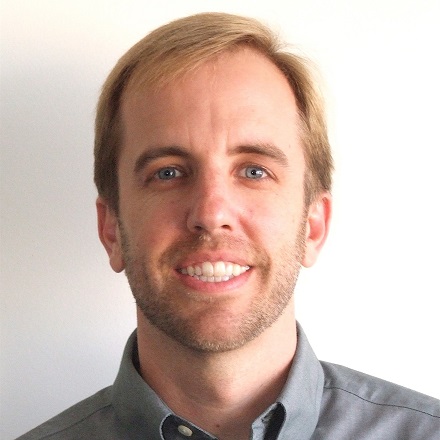
In the News
California Poised for Major Expansion of Community Health Workers
-
Focus Areas
Chronic Disease Prevention, Health Care & Population Health, Healthy Communities -
Issues
Asthma, Rural Health -
Expertise
Health Education & Promotion -
Programs
Regional Asthma Management and Prevention Program

Community health workers (CHWs), recruited from their own communities, have been aiding Californians with low incomes for years to provide all kinds of assistance. They help people coming out of prison obtain primary care. They assist people with chronic conditions like asthma and diabetes to manage their symptoms and avoid their triggers. They arrange for social services to address clients’ needs. CHWs emerged as lifelines to many of the people in the state who were most impacted by the pandemic, delivering food and masks and helping arrange testing and vaccination. Far too often, they helped families who lost loved ones to COVID-19 cope with their grief and manage their needs.
Now California is poised to start what could be the biggest expansion of community health workers in state history. The 2021–22 budget establishes a community health worker benefit within the Medi-Cal program, allowing CHWs to be paid for providing benefits and services to Medi-Cal enrollees.
Remaining Hurdles
Big steps remain, however. The California Department of Health Care Services must develop a State Plan Amendment for submission to the federal Centers for Medicare & Medicaid Services (CMS). The document will describe the services CHWs can provide, the supervision and oversight requirements for the CHW workforce, payments and rates, and the training, experience, or credentialing required to become a CHW whose community-based organization can bill the Medi-Cal program for services provided. The goal is for the State Plan Amendment to be submitted this year and approved by CMS to take effect at the beginning of 2022.
“We are really excited about the opportunity that’s moving forward related to a community health worker benefit within Medi-Cal,” said Joel Ervice, associate director of the nonprofit Regional Asthma Management and Prevention (RAMP) project in Oakland. “One of the historic challenges with Medi-Cal is that, with limited exceptions, it does not reimburse for services provided by non-licensed professionals like community health workers.”
The impending change should, for example, allow asthma home visitors — a specialized type of community health worker who visits people with asthma and helps them change their living spaces and habits to reduce their symptoms and avoid the emergency room. These workers have been shown to have a dramatic impact, Ervice said.

Asthma home visiting services work. They improve health outcomes. They reduce emergency department visits as well as missed days of school and work.Joel Ervice, RAMP
Click below to read the full story from the California Health Care Foundation.
Originally published by California Health Care Foundation
More Updates
Work With Us
You change the world. We do the rest. Explore fiscal sponsorship at PHI.
Support Us
Together, we can accelerate our response to public health’s most critical issues.
Find Employment
Begin your career at the Public Health Institute.



